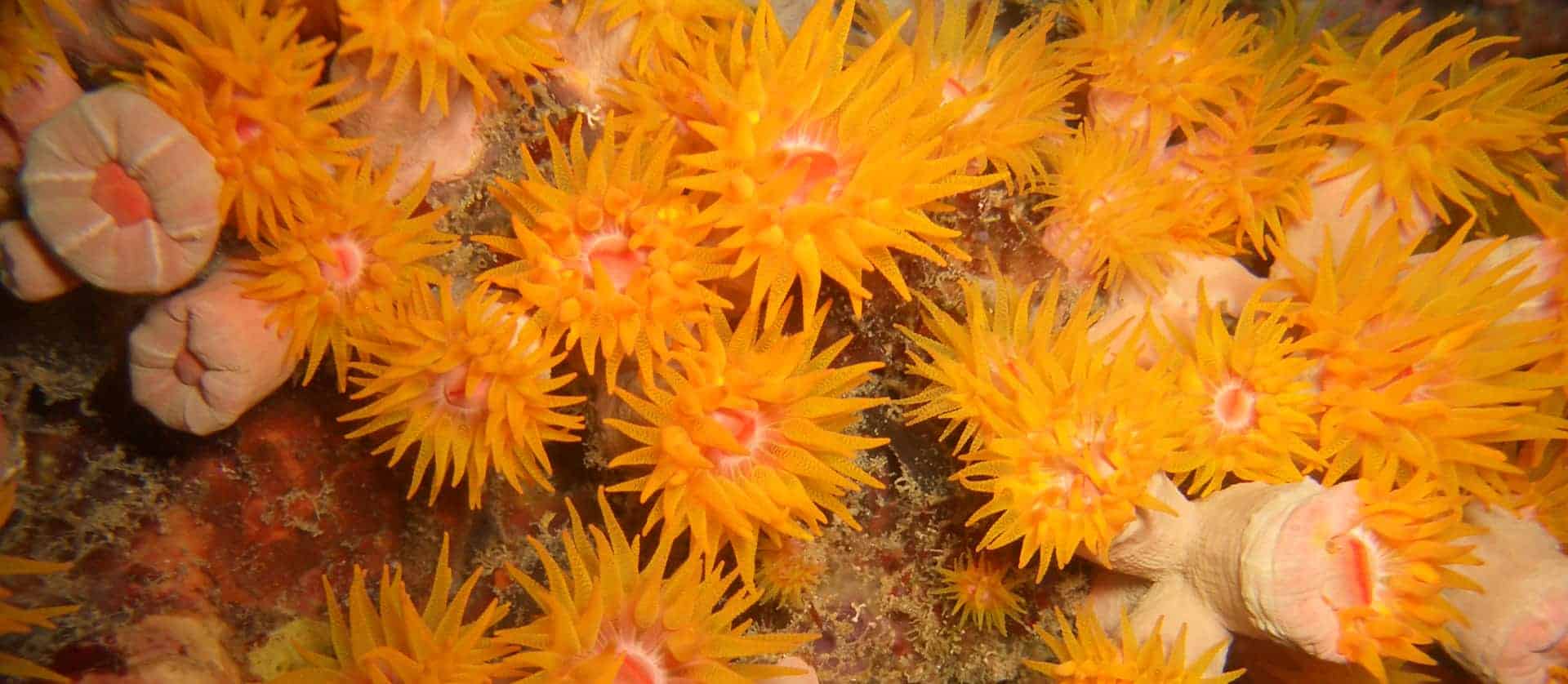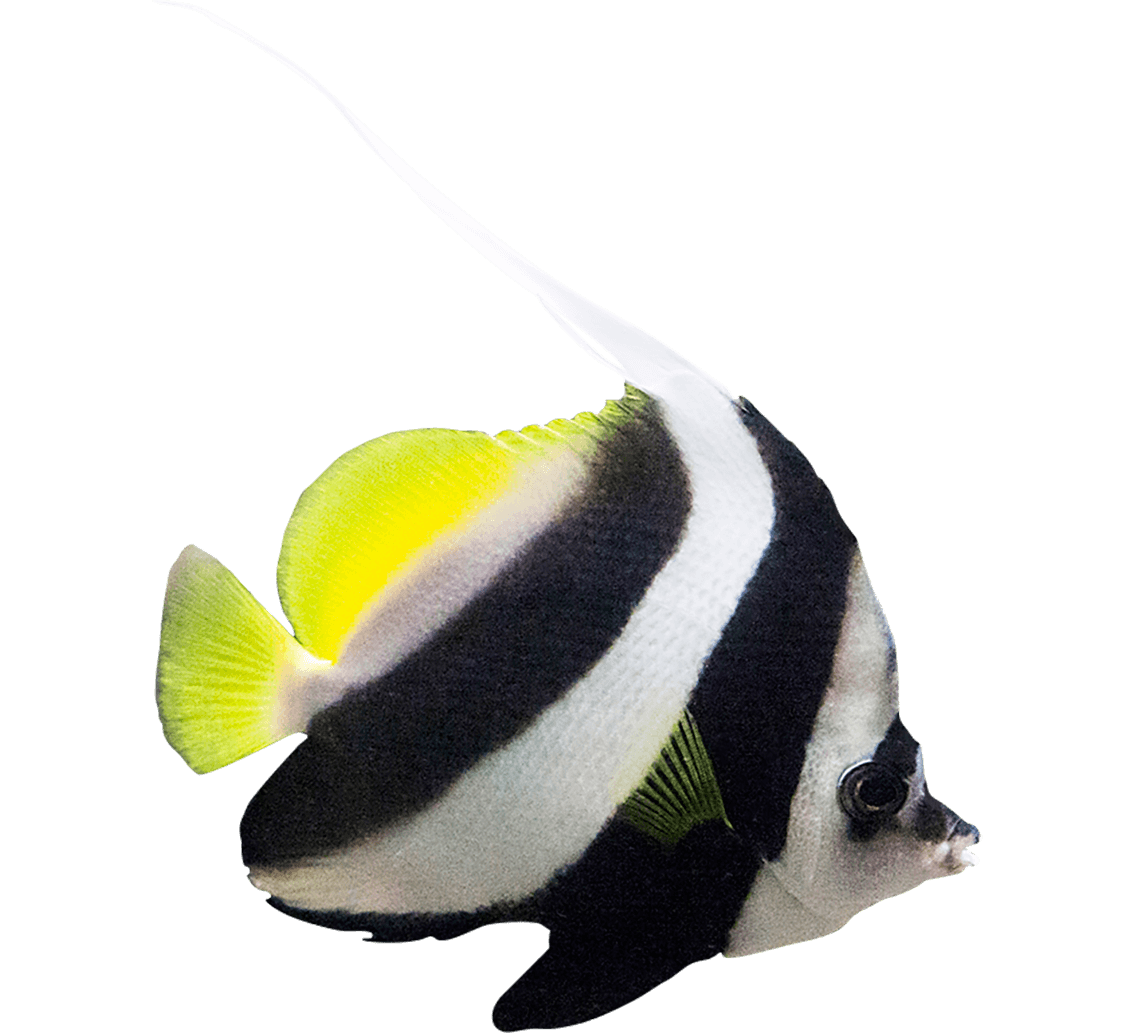Reef Check is a non-profit organization leading citizen scientists* to promote stewardship of sustainable reef communities worldwide.
Reef Check’s Vision: Thriving reefs, cared for by communities sustained for generations to come.
Founded in 1996, the Reef Check Foundation is an international non-profit organization dedicated to the conservation of tropical coral reefs and temperate kelp forests. With offices in Los Angeles and Santa Cruz, California and volunteer teams in more than 40 countries and territories, Reef Check’s mission is to lead citizen scientists who promote stewardship of sustainable reef communities around the globe.
Reef Check performs three vital tasks necessary to promote stewardship of sustainable reef communities worldwide:
- We train and organize teams of local volunteer citizen scientist divers. They collect data on reef health and assess climate change impacts on their reefs. Their work produces reliable information used by marine resource managers, scientists, and policymakers to make science-based ocean management and conservation decisions.
- We promote public education about reefs and the ocean. Our goal is to develop a team of ocean ambassadors with the skills and knowledge to make a tangible and meaningful difference for marine conservation in their local communities.
- We develop ecologically sound and economically sustainable solutions for reef conservation and restoration.
In 1997, Reef Check conducted the first-ever global survey of coral reef health. The survey provided scientific evidence of a worldwide crisis- caused by overfishing and pollution- in the condition of our coral reefs. Since then, Reef Check’s fast-growing network has expanded throughout all tropical seas with the objective to preserve and sustain their reef ecosystems. In 2005, Reef Check launched its first temperate reef program in California. Reef Check California has grown to be the largest citizen science monitoring group collecting data on California’s kelp forests and its statewide Marine Protected Area (MPA) network. In 2016, this program expanded into climate change monitoring and is now providing ocean temperature data from over 90 sites, and is monitoring ocean acidification at key sites in California’s MPAs.
Most recently, Reef Check began working on restoring kelp forests in Northern California, with the hope of reversing some of the devastating effects from the recent collapse of the kelp forest along this stretch of coastline. This project aims to restore some of the lost ecosystem and also provide a substantial economic benefit to the local fishing community, which has been hard hit by the effective loss of its two most important fisheries.
We have realized that a fundamental element to saving reef ecosystems on a global scale is to create active stewards of the marine environment at the local level. However, building a pipeline of diverse talent within our network of volunteer citizen scientists, particularly among divers, remains a challenge. There are often barriers for many communities to become involved, despite their significant generational and community knowledge of marine life and their local ecosystems. We are becoming more aware of how we present marine science and ocean conservation to members of communities traditionally underrepresented in these fields and how together we can start breaking down these barriers. Our Dive Into Science program is specifically and thoughtfully developed to provide dive training and citizen science skills for groups that have historically been underrepresented in this effort including low-income and BIPOC (Black, Indigenous, People of Color) communities—and to encourage ongoing participation in conserving their coastal and nearshore environment.
A note on the term “citizen science”
The term “citizen science” emerged in the 1990s, right around the time Reef Check was founded. Now the term has become widespread, and there are many alternative terms in use now, ranging from “Public Participation in Scientific Research” to “civic science” or “community science”. The term citizen science has recently been criticized, particularly in the United States, where “citizen” is sometimes narrowly defined to mean only legally recognized citizens of the country where the research is being conducted. We do not understand the term “citizen science” as exclusive or as defining someone by their citizenship or national origin. For us, it is an inclusive term that embraces all to participate in science regardless of their background. This use is in the spirit of the term “world citizen” as has been used by thinkers from Greek philosopher Diogenes in 400 B.C. to Albert Einstein in the 20th century.
 Subscribe to Newsletter
Subscribe to Newsletter Donate
Donate Shop
Shop 0
0









